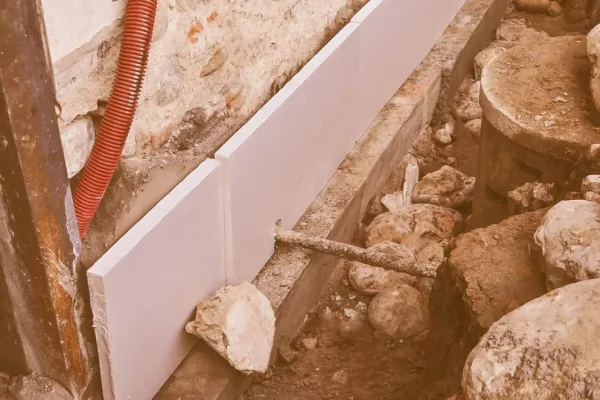Property is sometimes sold with conditions attached.
One of the most common examples is a restrictive covenant.
Read on to find out what this is, whether you can remove them, and more.
What is a restrictive covenant?
A restrictive covenant is a type of formal agreement between two landowners.
It outlines forbidden:
- Actions
- Structures
- Changes to the land.
It’s usually imposed by someone selling property or land who wants to stop the new buyer from doing certain things.
This could include changing the appearance of a historic building or affecting the local environment in some way.
Common examples of a restrictive covenant
1. Building on a particular bit of land
A restrictive covenant can forbid you from building on particular land.
This could be because it holds sentimental value to the previous owner – e.g. someone is buried there.
It could also protect the natural beauty or health of the ecosystem surrounding a property.
2. Running a commercial operation
It’s common for running business operations to be forbidden.
This could be a condition of you buying a house, established through a restrictive covenant.
3. Changing the appearance
This is particularly common in protected areas or houses with a unique history and appearance (such as listed houses).
Your property’s aesthetic could be of local historical significance (for example, an area with mostly stone houses).
Or it may simply be a local landmark that people in the community love.
4. Maintaining the area
Sometimes, a ‘positive covenant’ will force you to look after a piece of land. But a restrictive covenant can also stop you from doing that.
This may happen if a neighbouring landowner doesn’t want you interfering with their hedges or fence.
Or perhaps there’s a protected plant or tree that you’re not allowed to touch.
Can you remove a restrictive covenant?
Yes, removing a restrictive covenant in the United Kingdom is possible.
The process of this is outlined in the section below.
How to remove a restrictive covenant
Speak to a solicitor
It’s in your interest to get support from a qualified solicitor. This professional can advise you on the specifics of your situation.
They’ll help you to check the Title Deeds. And they’ll also ensure that your application to remove the covenant has the highest chance of success.
Check the title deeds and get clarity on the covenant
You should get clarity on the specifics of your restrictive covenant.
Even if you think you know what it entails, it’s always best to check.
Apply to the Lands Chamber of the Upper Tribunal
You can apply to the Lands Chamber of the Upper Tribunal to have a restrictive covenant “discharged or modified”.
Does a restrictive covenant affect house value?
Yes. In most cases, a restrictive covenant will reduce the value of your property. This is because new buyers are limited in the things they can do.
On the other hand, a restrictive covenant against a neighbouring property may improve your house value.
This is if potential buyers deem that it gives them protection. For example, against unattractive development in the area.
How to find out details about a restrictive covenant
The HM Land Registry usually holds this information.
You should check the documents associated with the title deeds. If you still have questions, get support from a qualified solicitor.
Who is to blame if a restrictive covenant wasn’t spotted when I bought?
It depends.
If you’ve paid for searches by a solicitor, then they are responsible for not finding this information. You could then complain to the Legal Ombudsman and get compensation.
On the other hand, if you didn’t get searches done, you could sue your seller if they’ve lied to you.
You’ll need to prove that they deliberately deceived you about the existence of a restrictive covenant.
What happens if someone breaches a restrictive covenant?
If you breach a restrictive covenant, you could be forced to undo it.
If you refuse to do so, you can repay a fine. And the changes can still be undone anyway.
You should get legal advice before you breach a restrictive covenant.
Even if you’ve already done it and got away with it. It can come back to bite you further down the line.
Taking out insurance or getting legal guidance could be a smart decision.
What if I have broken a restrictive covenant by accident?
If you were not informed about a restrictive covenant, then you could potentially take action about this. This could be against your conveyancer or the previous homeowner.
Alternatively, if you were aware of the covenant but still breached it by accident, you may need to undo it or pay a fine.
You should seek legal support if you will make your breach of covenant known. This is a complicated area that may result in hefty fines.
What is restrictive covenant insurance?
You can take out insurance to protect against breaking a restrictive covenant.
This applies if you breached it, and more than 12 months have passed without anyone noticing.
The perceived level of risk will impact the cost of this insurance. Along with the quantity of covenants you have breached.
















